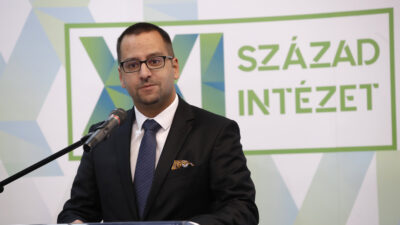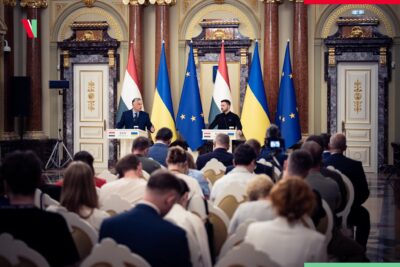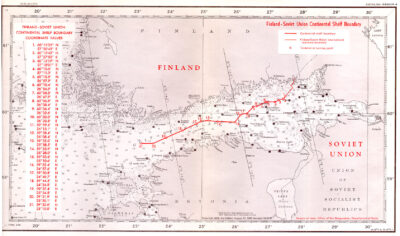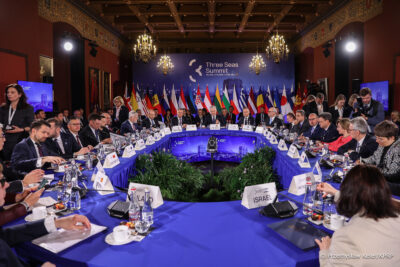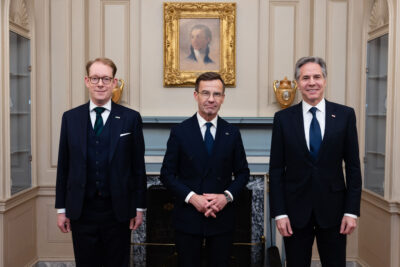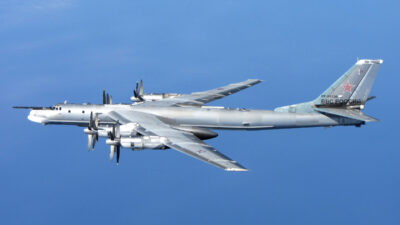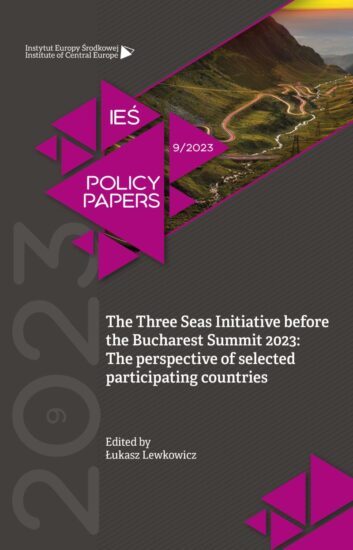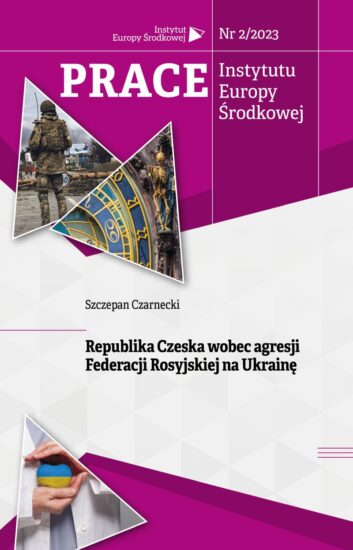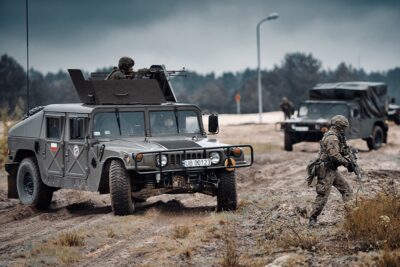The Sovereignty Protection Office in Hungary – a threat to media freedom?
The Hungarian government has been systematically taking steps to tighten control over the media and limit funding for opposition parties for over a dozen years. An example of such measures is the adoption of the Law on the Protection of National Sovereignty by the Hungarian National Assembly in December 2023. Under this act, a new state administration body, the Office for the...
More →
